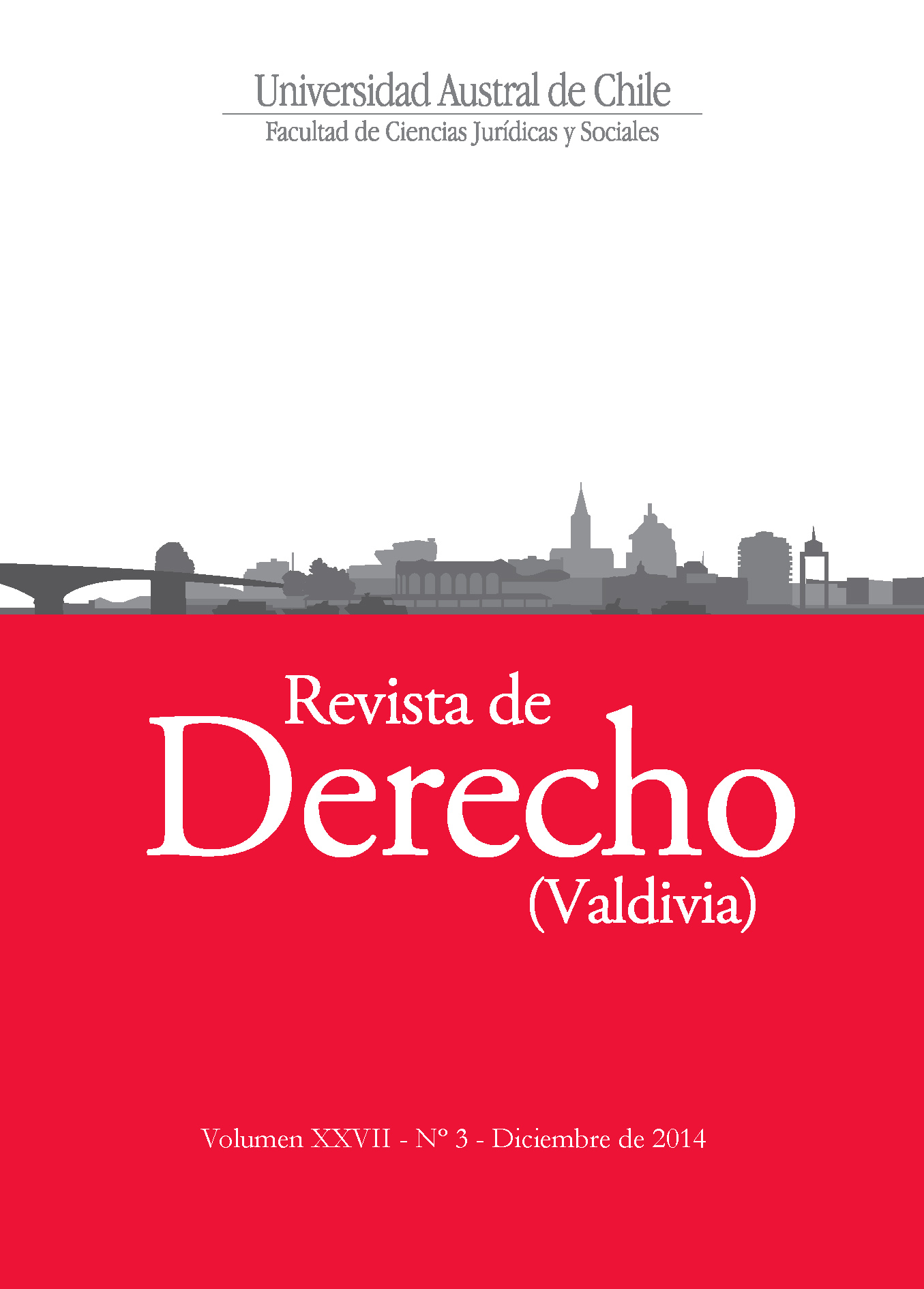Evidence Obtained Via Coercion and its Inadmissibility before the Inter-American Court of Human Rights
Main Article Content
Abstract
The Inter-American Court of Human Rights performs a wide evidentiary analysis, which tends to be very flexible in its admission of evidence. The Court is obliged, however, to exclude confessions obtained via coercion. In relation to this, the Court issued some unclear rulings that seem to favor the exclusion of all evidence obtained via coercion, and may also uphold the doctrine of the fruit of the poisonous tree. This paper deciphers the meaning of the Court's rulings, and the necessity of upholding the aforementioned doctrine to the Court itself and to the Inter-American system. This is particularly necessary, because the doctrine of the fruit of the poisonous tree could clash with the central role of truth in the Inter-American system, one of whose manifestations is the concept of the right to the truth.

